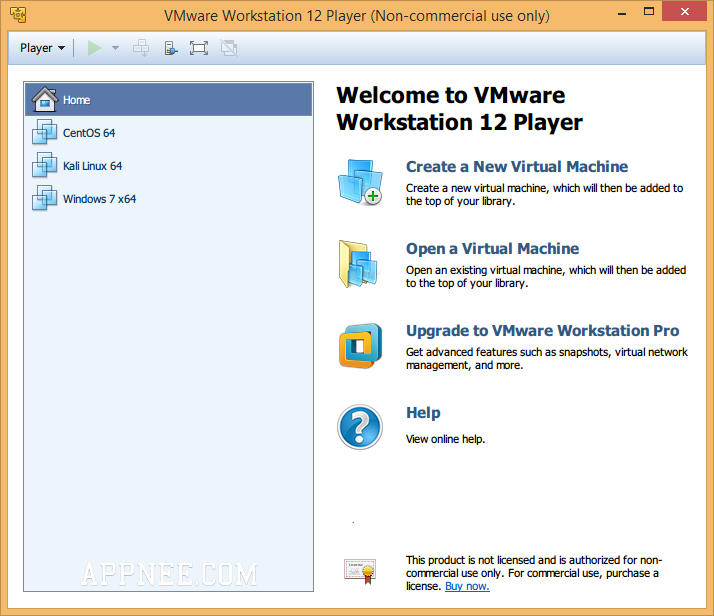Updated OS Support
Workstation 16 supports the latest 2004 version of Windows 10, including Hyper-V mode compatibility for Device & Credential Guard and WSL, as well as supporting new releases of the most popular Linux distributions such as Red Hat, Fedora, CentOS, Debian, Ubuntu and more.
Containers and Kubernetes Clusters
Workstation 16 Pro and Player both provide a new CLI for building and running OCI containers and Kubernetes clusters: ‘vctl.’ Supports thousands of pre-built container images, as well as building custom images from standard Dockerfiles.
Graphics Engine Enhancements for Windows and Linux
Workstation 16 now provides a DirectX 11 and OpenGL 4.1 compliant virtual graphics device to Windows virtual machines, adding new compatibility for hundreds of apps and games. Linux hosts can now use Intel Integrated GPUs with our new Vulkan rendering engine, delivering DirectX 10.1 and OpenGL 3.3 to VMs without needing more a powerful discrete GPU.
vSphere 7 Compatibility
Workstation has been updated with compatibility for vSphere 7, including virtual machine hardware and remote ESXi and vCenter Server connections
Get Workstation 16 Now

Below AppNee collected and sorted out hundreds of universal License Keys for all major versions of VMware Workstation Pro (not for VMware Workstation Player) 4.x, 5.x, 6.x, 7.x, 8.x, 9.x, 10.x, 11.x, 12.x, v14.x, v15.x and v16.x on Windows and Linux platforms (support both 32-bit and 64-bit operating systems) in this single post.
Vmware 12 License Key Free
As we all know, by default, VMware Workstation Pro and VMware Workstation Player (Commercial Edition) can only be used for free for 30 days. Therefore, if you want to make it free-to-use permanently, we surely need the ready-made working license keys. VMware Workstation 15 pro: VMware Workstation is a facilitated hypervisor that keeps running on x64 adaptations of Windows and Linux working systems (an x86 form of prior discharges was available); it empowers clients to set up virtual machines (VMs) on a solitary physical machine and use them all the while alongside the real machine.